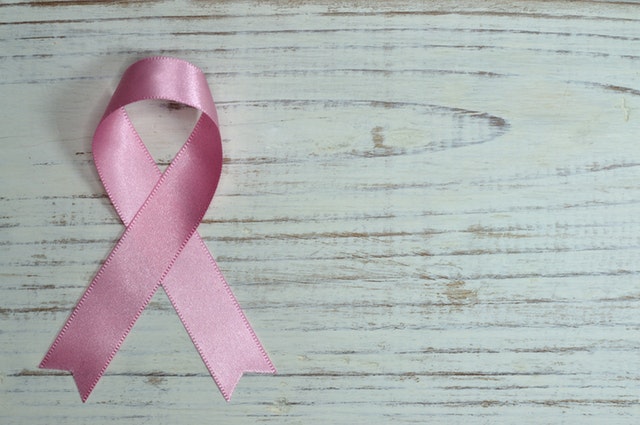Cancer is a disease in which body cells grow uncontrollably because their regulatory mechanisms normally have been damaged.
Basic Facts on Cancer
There are literally hundreds of different types and subtypes of cancer however the majority form solid tumors in specific areas of the body. The most common cancers are skin cancer, breast cancer, lung cancer, bowel cancer, and prostate cancer.

Unfortunately, the disease is very clever in spreading through the blood and lymphatic system, and thus, in cases of advanced cancer is not uncommon to see secondary tumors in areas away from the body.
Cancer Genetics, One of the most important advances in cancer research was in the 1970s when scientists discovered that all cancers begin with the genetic material within the body’s normal cells are damaged. Each cell contains the genetic information in the form of more than 90,000 pairs of genes that work together to control the activities of the cell.
A cell can become cancerous when specific genes, such as those that control division, damaged beyond repair. How and why the genes are damaged remains a hot topic for research however, it seems that defective genes are hereditary or are caused by carcinogens (cancer-causing agents), such as sunlight and cigarette smoke.
Our body cells are constantly exposed to carcinogens However in most cases of cancer will not develop. There are a number of reasons why this is so, for example:
- The normal cells can repair their own damaged genes so that they can continue to function correctly.
- More than one gene must be damaged so that cancer develops.
- The body’s immune system usually can kill cancer cells before the opportunity to multiply and form a tumor.
The Causes of Cancer
Although most cancers appear to be caused by several factors, including genetic/inherited ones, one of the main causes of the environment can often be identified by a particular type of cancer is cigarette smoking has been associated with lung cancer. Approximately 35% of stomach cancer and prostate cancer cases are related to unhealthy food diets with fresh fruit and little or no vegetables. 30% of lung, breast, colon, cervical, and throat cancers related products such as cigarettes, snuff, and cigars.
10% of skin cancer cases are related to the sun and UV rays. 7% of lymphoma, leukemia, bone cancer, and liver cancer cases are related to viruses like Epstein Barr, HIV, Hepatitis C, etc. chemicals or pesticides and occupational factors estimated at 4% or the mouth, throat, stomach, and cases of lymphoma cancer. About 3% of the stomach, colon, and liver cancer has been linked to excessive consumption of alcohol.
Aging and Cancer The cancer is more common among older people, largely because their cells have had more time to accumulate genetic damage, but also because the body’s defense against cancer, in particular cells and immune system proteins gradually becomes less efficient with age. In addition, cancer that started early in life can not be diagnosed until the age of old because it can take years for some types of cancer, prostate cancer more notably, to grow large enough to produce obvious symptoms.
Because life expectancy has increased dramatically in the last 50 years means the cancer is now one of the most common causes of death in the developed world, second only to coronary heart disease. Treatment Today cancer for over 2000 years, doctors have tried to cure cancer by surgically removing visible tumors. For some localized cancers radiotherapy is very effective and this treatment is often combined with surgery in order to achieve a cure. Treatment with anticancer drugs, known as chemotherapy, can be instead of or in combination with surgery to destroy cancers that have unfortunately already spread throughout the body.
New therapies for the treatment of cancer that are assessed include the inactivation of genes so damaged that they no longer send messages to cellphones and drive the natural body’s immune system, so it has the ability to destroy any cancer cells. These therapies are still in the experimental stage, however, both the American Cancer Society and National Cancer Institute of the United Kingdom, ie, cancer research, are working to make them viable Treatment options for future generations.
Article Source: Andrew Daigle is the owner, creator, and author of many successful websites including Cancer About, a cancer resource site, and a resource site mesothelioma lawyer.


